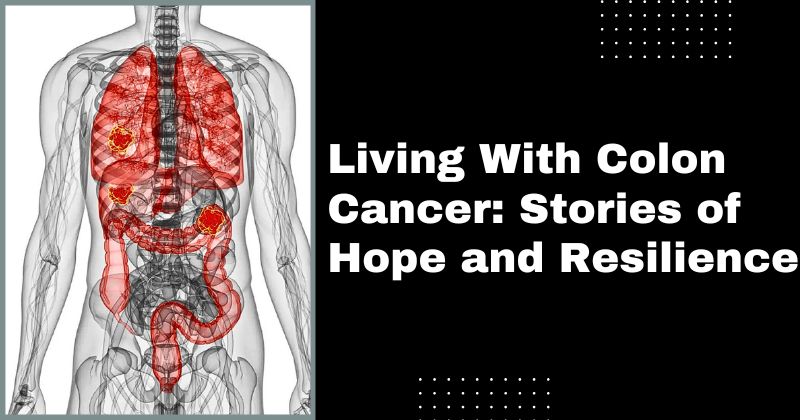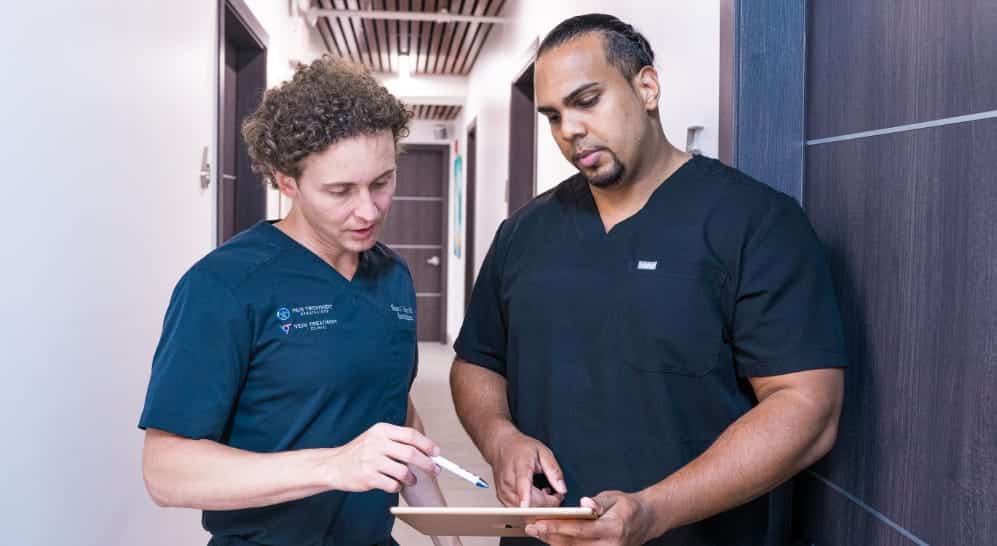Living With Colon Cancer: Stories Of Hope And Resilience
A cancer diagnosis is often accompanied by fear, uncertainty, and a whirlwind of questions. For those diagnosed with colon cancer, these emotions can be overwhelming. Understanding the symptoms of colon cancer in women, in particular, can help ensure timely diagnosis and treatment. But in the midst of medical treatments and emotional struggles, stories of hope and resilience continue to emerge—reminding us all that life after diagnosis is not only possible but also meaningful.
Colon cancer, also known as colorectal cancer, affects both men and women, though it manifests differently depending on individual health and genetic factors. Despite its seriousness, early detection and advances in treatment have helped many people lead full and vibrant lives during and after cancer.
Understanding the Journey: The Beginning
The journey often begins with recognizing the signs of colon cancer. These may include changes in bowel habits, rectal bleeding, persistent abdominal discomfort, weakness, or unexplained weight loss. For many, these symptoms may initially be mistaken for less serious gastrointestinal issues. This delay in diagnosis is particularly common among women, which makes understanding the symptoms of colon cancer in women critically important.
Symptoms of colon cancer in women can sometimes be subtle or misattributed to menstrual or hormonal changes. Fatigue, bloating, and a feeling that the bowel doesn’t empty completely are common. Because these symptoms can be easily overlooked, women are encouraged to pay close attention to persistent or unusual gastrointestinal changes and consult a doctor early.
Sarah’s Story: Strength in the Face of Uncertainty
Sarah, a 42-year-old mother of two, was active, health-conscious, and never imagined she’d face a cancer diagnosis. For months, she noticed sporadic abdominal pain and irregular bowel movements. Initially, she attributed these issues to stress and dietary changes. It wasn’t until she began experiencing rectal bleeding that she sought medical advice.
“I didn’t think it was anything serious,” Sarah recalls. “But something didn’t feel right.” After a colonoscopy, she was diagnosed with stage II colon cancer.
Despite the initial shock, Sarah focused on taking charge of her health. Surgery and chemotherapy followed, and while the treatment process was exhausting, her determination never wavered.
“I wanted to show my kids that we don’t give up,” she says. “Cancer may be part of my story, but it’s not the end of it.”
Living Beyond Diagnosis
One of the most powerful things survivors often share is how life changes after a diagnosis. For many, there’s a renewed focus on health, relationships, and purpose. Regular exercise, mindful eating, and mental health support become vital tools in daily life.
Community support also plays a pivotal role. Connecting with other patients or survivors can help combat isolation and offer practical tips for navigating treatment and recovery. Support groups, both online and in person, have become lifelines for many.
Tom, a 57-year-old survivor, found strength through storytelling. “Writing about my experience helped me process everything,” he shares. “More than anything, it showed me that I wasn’t alone.”
Early Detection Saves Lives
One of the most critical messages survivors want to share is the importance of early screening. Colonoscopies, FIT tests, and other screening methods can detect precancerous polyps or early-stage cancer, significantly increasing the chance of successful treatment.
Many survivors, in hindsight, realize how essential it is to recognize colon cancer signs early. These signs, including blood in the stool, persistent cramping, or unexplained fatigue, should never be ignored.
Healthcare providers emphasize the importance of screening, particularly for individuals over 45 or those with a family history of colon cancer. Increased awareness around symptoms of colon cancer in women is also key to improving outcomes for female patients, who may present different or less obvious signs of the disease.
Hope Through Research and Innovation
In recent years, medical advancements have significantly improved the outlook for colon cancer patients. Targeted therapies, immunotherapy, and personalized treatment plans are offering new hope. Clinical trials continue to expand options for those facing more advanced stages of the disease.
Survivors often express gratitude for the evolving landscape of treatment and the healthcare professionals who guide them. These advancements, paired with the resilience of patients, are reshaping what it means to live with cancer.
Moving Forward: Redefining Life After Cancer
Living with colon cancer is a deeply personal journey. For some, it’s about fighting through treatment. For others, it’s about embracing life with a new perspective. What unites these stories is a common thread of resilience. Survivors like Sarah and Tom serve as powerful reminders that a cancer diagnosis is not a full stop—it’s a comma, a moment to pause, reflect, and rewrite the next chapter with strength and purpose. If you or a loved one is experiencing potential colon cancer signs, don’t wait. Early detection can change everything.
Whether you’re a patient, a survivor, or a supporter, your story matters. And in every shared experience, there is strength, solidarity, and hope.
For More:- (Click Here)













